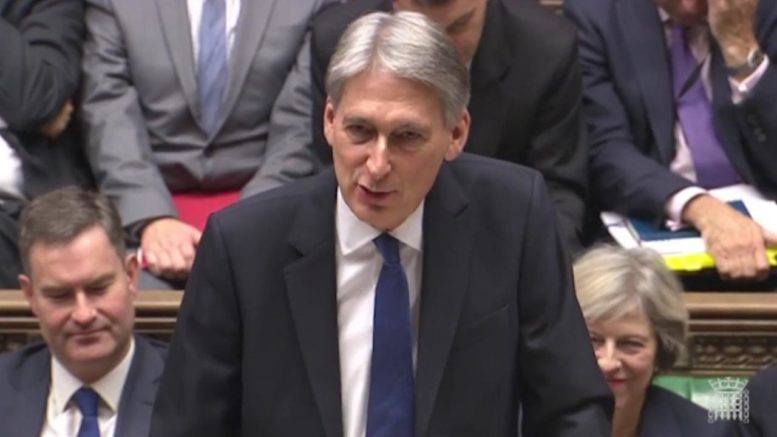The Chancellor of the Exchequer, Philip Hammond, confirmed that his first Autumn statement will also be his last – he has announced that in future years, there will be a Spring statement; Spring, with longer and brighter days, may make any pronouncements seem less ominous than announcements made when days are shortening and he is obviously determined to make his own mark as Chancellor!
One of the major changes he wishes to introduce, is one I have been expecting for a number of years, in that Agents will be banned from taking up-front administration fees from prospective tenants.
A tiny item in a daily newspaper, some time ago, stated that Shelter felt that many administration fees – fees collected from prospective tenants before a tenancy commenced – were unjustified and unfair to tenants. This rang alarm bells, as from such small steps was the bureaucratic Tenancy Deposit Protection introduced, alerted me to the campaign that would ensue.
It has taken rather longer than I expected, but it has finally arrived. Some fees are justifiable, referencing is one such. Other charges were so high, they appeared to have been plucked out of thin air! I recently heard that referencing had been charged at £350 from one agent. Accreditation schemes and landlord associations will often provide credit reference checks at reduced cost. How much more thorough is a £350 check, as opposed to £50 or less would be, is difficult to say.
The ostensible reasons for a ban on agents asking for up front charges are apparently the belief that this will increase competition in the sector and to protect tenants from rogue landlords who ask for extortionate sums. Will this work? I am not sure that will be the result. Although I am not in favour of excessive charges, there is a great difference between the ‘agent’ working from home without office expenses and basically using what he already knows and the agent who employs staff, has a professional office and a budget for training to ensure that he and his staff are fully aware of the legislative changes that take place.
I also believe that landlords get what they pay for from an agent, and sometimes the differences outlined above make an enormous difference to the services the landlord and the tenant enjoy. If landlords have to pay the costs for referencing amongst other administrative charges, rents will increase to cover them. How does this benefit tenants? What of the landlords who decide not to use a letting agent to avoid the charges? This will make tenants more vulnerable to the landlord without knowledge of the legislation.
There still has to be a consultation exercise undertaken before it becomes legislation; it may therefore by tempered slightly by the results of the consultation, though that there will be some limits on administration charges is almost certain.
Many landlords made the decision to ask for a non-refundable administration charge and rent in advance rather than ask for a deposit, to avoid the necessity of protecting the deposit. This may be the first step, but It is only a short step, from banning agents making charges to saying no landlords can make administration charges. There appears to be less and less trust in the private sector and more resentment at anything that appears to work in their favour.
Private Sector landlords, rather than being the ‘Rogues’ of popular perception, are actually rapidly becoming society’s whipping boy.
For advice on buy to let issues – General Knowledge








Be the first to comment on "Autumn Statement 2016"